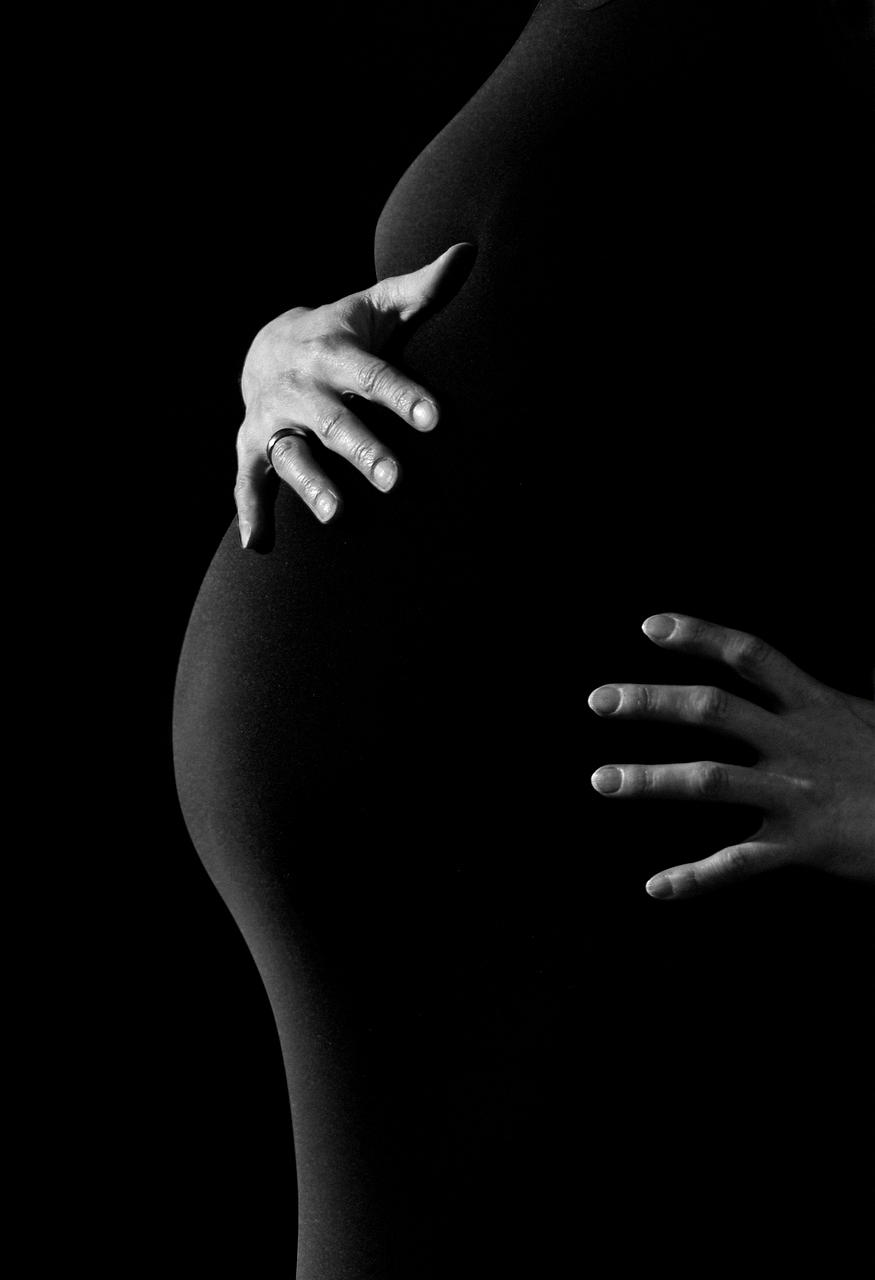When it comes to the timing of pregnancy testing, there is often a lot of confusion and uncertainty surrounding what is considered too early to test for pregnancy. With advancements in technology and the development of more sensitive tests, the window for detecting pregnancy has narrowed, bringing about the question: Is 4 Days Too Early To Test For Pregnancy?
The Science Behind Early Pregnancy Testing
Research indicates that the majority of pregnancies can be detected as early as 6 days before a missed period, with a high accuracy rate of over 99% in detecting typical hormone levels. This means that testing 4 days before the expected period could potentially yield accurate results for a majority of women.
Factors to Consider
While modern pregnancy tests have become increasingly sensitive, the accuracy of early testing can be influenced by various factors such as the regularity of a woman’s menstrual cycle, the sensitivity of the test being used, and the levels of the pregnancy hormone hCG in the body.
False Negative Results
Testing too early can sometimes result in false negative results, especially if the levels of hCG in the body are not yet detectable by the test. This can lead to confusion and disappointment for those eagerly awaiting confirmation of a possible pregnancy.
Emotional Impact
The emotional toll of receiving a false negative result can be significant, as it can lead to feelings of doubt, anxiety, and uncertainty. It is important to approach early pregnancy testing with caution and a level-headed perspective.
Seeking Assurance
For those who cannot wait to test for pregnancy, it is crucial to manage expectations and be prepared for the possibility of a false negative result. It is advisable to seek support from healthcare professionals or online resources to gain a better understanding of the testing process.
Waiting Game
While the urge to test for pregnancy early is understandable, waiting until closer to the expected period can often yield more reliable results and reduce the likelihood of false negatives. Patience is key in navigating the uncertainties of early pregnancy testing.
Consulting a Healthcare Provider
If in doubt about the timing of pregnancy testing or the results obtained, it is recommended to consult a healthcare provider for guidance and clarity. They can offer valuable insights and support in interpreting test results accurately.
Personal Preferences
Ultimately, the decision of when to test for pregnancy is a personal one, influenced by individual circumstances, emotional readiness, and the desire for assurance. It is essential to evaluate your own preferences and feelings before embarking on the testing journey.
Managing Expectations
Keeping realistic expectations about early pregnancy testing can help alleviate stress and anxiety associated with the process. Understanding the limitations of early detection tests can prepare you for any outcomes that may arise.
Support Systems
Having a strong support system in place, whether it be friends, family, or healthcare professionals, can help ease the emotional burden of early pregnancy testing. Sharing your concerns and questions with trusted individuals can provide comfort and reassurance.
Conclusion
In conclusion, while testing for pregnancy 4 days before the expected period may yield accurate results for many women, there is the potential for false negatives and emotional turmoil. It is important to approach early pregnancy testing with caution, seek guidance when needed, and manage expectations to navigate this challenging but hopeful time with resilience and grace.

